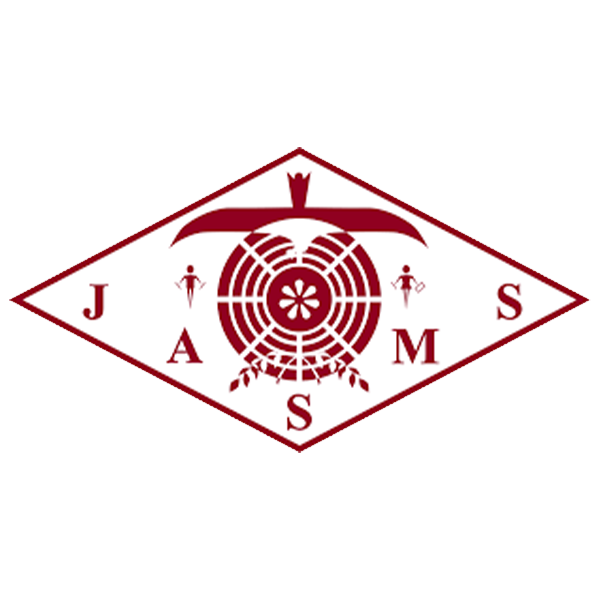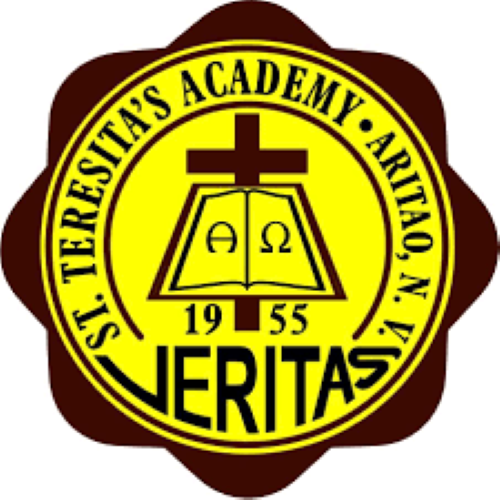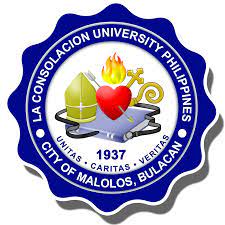- Home
- About Us
About us
About PAASCU
The Philippine Accrediting Association of Schools, Colleges and Universities (PAASCU) is a private, voluntary, non-profit, and non-stock corporation that was registered with the Securities and Exchange Commission on November 5, 1957. PAASCU is a service organization that accredits, or quality assures academic programs of its member schools and does institutional accreditation.
The purpose of PAASCU is to support member schools in their journey towards quality improvement that is grounded in the institution’s educational philosophy as well as its unique vision and mission. PAASCU envisions accreditation to be a continuous development process that provides opportunity to engage the entire school community and its stakeholders in a careful and thorough evaluation of its objectives, plans, programs, systems, resources, and results through self-survey as well as benefit from an external review done by peer educators.
Organization of PAASCU
The Association is governed by a 15-person Board of Trustees elected at large by members during the Annual General Assembly. It has eight (8) Commissions – Commission on Elementary Education, Secondary Education, Basic Education, Tertiary Education, Information Technology Education, Engineering and Architecture, Graduate Education, and on Medical Education, with at least seven (7) but not more than fifteen (15) members each.
The day-to-day operations of PAASCU are handled by a Secretariat headed by an Executive Director. The Secretariat manages the logistics of the survey visits, invites accreditors, prepares reports, and implements projects of the Board and different Commissions.
History of PAASCU
1951 – A series of meetings were held with Dr. Daniel Salcedo, the former Assistant Director of the Bureau of Private Schools, which resulted in the establishment of the Philippine Accrediting Association of Universities and Colleges (PAAUC) to bolster the accreditation of public and private schools whose intention was to establish a standard of excellence that was beyond the minimum standards required by the Bureau of Education. The ad interim Executive Board was composed of Dr. Prudencio Langcauon (University of the East) as President; Fr. James J. Meany, S.J. as Vice President; and Dr. Antionio Isidro (University of the Philippines) as Secretary.
PAAUC intended to focus on “program accreditation” rather than the entire institution. It envisioned evaluating programs in terms of their objectives and purposes through a process where the greater number of criteria would be encapsulated in qualitative rather than quantitative terms. The plan was, to begin with, the accreditation of colleges of Liberal Arts, Commerce, and Education. However, misunderstandings disrupted the plans just when PAAUC was about to pilot the voluntary accreditation process.
1953 – Bro. H. Gabriel Connon, FSC, President of the Catholic Educational Association of the Philippines (CEAP) led the revival of the voluntary accreditation movement. CEAP secured the permission to use the criteria previously developed by PAAUC and field-tested these in certain Catholic colleges. A Manual of Accreditation with self-survey forms was crafted for eight different areas: Purposes and Objectives, Faculty, Instruction, Library, Laboratories, Physical Plant, Student Services, and Administration.
1957 – Eleven CEAP Colleges had been visited by an accreditation team after having undergone an institutional self-survey. The charter members were Ateneo de Manila, De La Salle College, College of the Holy Spirit, Maryknoll College, San Beda College, University of San Carlos, St. Joseph’s College (Quezon City), St. Paul College of Manila, St. Scholastica’s College, St. Theresa’s College (Cebu), St. Theresa’s and College (Manila).
PAASCU was incorporated in November 1957 and Fr. James J. Meany, S.J. became the first president.
1965 – Accreditation of secondary schools began.
1967 – PAASCU was officially recognized by the Bureau of Education and Culture (now Department of Education) as an accrediting agency. Secretary of Education Carlos P. Romulo granted PAASCU accredited schools, privileges such as administrative, financial, and curricular deregulation.
1971 – Accreditation of elementary schools began.
1973 – Accreditation of Agriculture program started.
1975 – Nursing programs were accredited.
1976 – Accreditation of Law began.
1977 – Accreditation of Engineering programs began.
1983 – Accreditation of Social Work programs began.
1987 – Accreditation of Graduate Schools began
1988 – Pharmacy, Medical Technology, and Computer Science programs were started to be accredited.
1991– As one of its founding members, PAASCU became a full-fledged member of the International Quality Assurance Agencies in Higher Education (INQAAHE).
1998 – Accreditation of Accountancy program started.
1999 – Accreditation of Hospitality Management program started.
2000 – Accreditation of Basic Medical Program started.
2001 – Accreditation on Basic Education began.
2003 – PAASCU became a founding member of the Asia-Pacific Quality Network (APQN).
2004 – Fine Arts and Interior Design, Criminology, Physical Therapy and Occupational therapy
2019 – Accreditation of senior high schools commenced.
The presidents that led PAASCU from 1957 to the present:
1957 – 1968 Fr. James J. Meany, SJ
1968 – 1974 Bro. Paul Hebert, FSC
1974 – 1975 Fr. Herbert Hezel, SJ
1975 – 1977 Bro. Paul Hebert, FSC
1977 – 1983 Dr. Felixberto C. Sta. Maria
1983 – 1984 Bro. Paul Hebert, FSC
1984 – 1985 Dr. Lourdes R. Quisumbing
1985 – 1987 Dr. Felixberto C. Sta. Maria
1987 – 2008 Dr. Ramon C. Reyes
2008 – 2012 Fr. Antonio S. Samson, SJ
2012 – 2021 Fr. Joel E. Tabora, SJ
2021 – Present Br. Edmundo L. Fernandez, FSC




